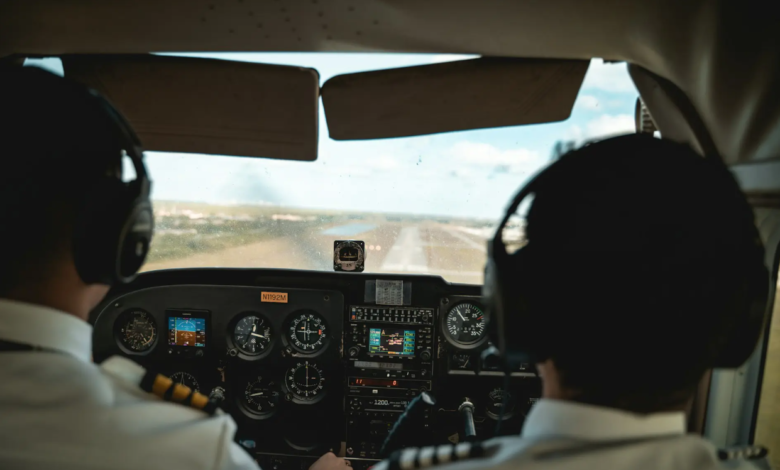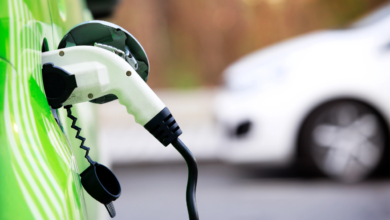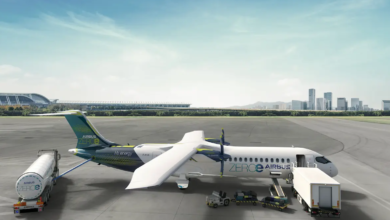Electric aircraft will help decarbonise short-distance travel

After 1000 hours of flying, electric aircraft equalize the impact of fossil ones. After are only advantages
Aviation, responsible for 2% of global carbon dioxide emissions and 4% of annual climate impacts, is struggling to embrace ecological transformation. In this complex game, electrification could play a role. A study carried out on two-seater electric aircraft, such as Pipistrel’s Alpha Electro, a Slovenian company with a headquarters in Gorizia, tells this story. The research, carried out by Chalmers University, highlights the potential for reducing environmental impacts compared to fossil fuel models.
The model of aircraft examined has a wingspan of just over 10 meters and a weight of 550 kg at full load. It is powered by a 21 kWh lithium battery and a 60 kW motor. The maximum flight time is about an hour plus reserve. It is therefore used for short distances.
The analysis work was based on the classic life cycle assessment, the analysis of the entire life cycle of both aircraft. The LCA model assesses the impact of the entire supply chain, from the extraction of raw materials to the end of use, using an hour of flight as a functional unit. Aircraft manufacturer data shall provide the basis for the assessment.
read also The first net zero transatlantic flight? It will leave from London in 2023
The result indicates a 60% reduction in climate impact and other environmental impacts for electric aircraft compared to fossil fuel. However, there is a 50% increase in the use of mineral resources, mainly due to rare metals in batteries. The break-even point is reached after about a thousand hours of flight, when the electric plane exceeds the equivalent of fossil fuel in terms of climate impact. The estimated life span of such an aircraft is at least 4,000 hours, which is 4 times greater than the break-even point.
So there’s no doubt about the climate. Electric planes perform much better. Future developments must therefore improve batteries to reduce environmental impact. Emerging technologies such as lithium-sulfur batteries could help make electric aircraft even more sustainable.





